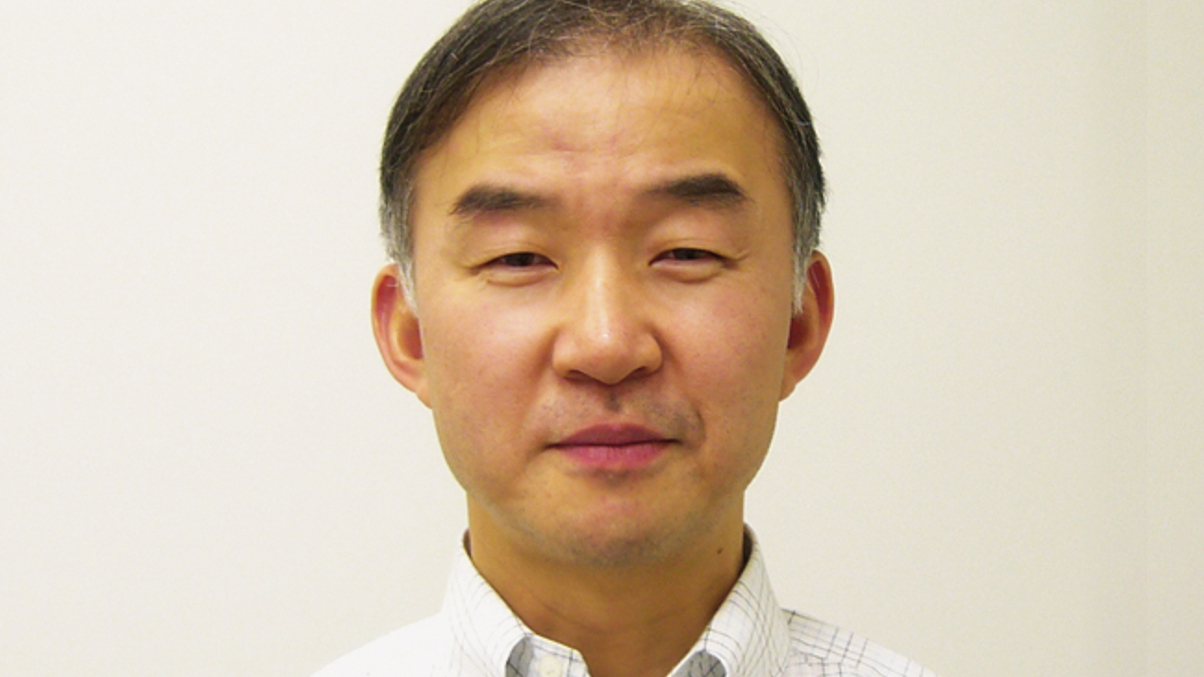Revenues for Japan fund managers bottom out
Management fees for fund houses in Japan appear to have stabilised, but profitability continued to decline in 2010, says Nomura Research Institute.

Profitability for fund managers in Japan, both domestic and foreign, has been falling since 2005. That trend continues but there are signs it is stabilising.
Sign in to read on!
Registered users get 2 free articles in 30 days.
Subscribers have full unlimited access to AsianInvestor
Not signed up? New users get 2 free articles per month, plus a 7-day unlimited free trial.
¬ Haymarket Media Limited. All rights reserved.


